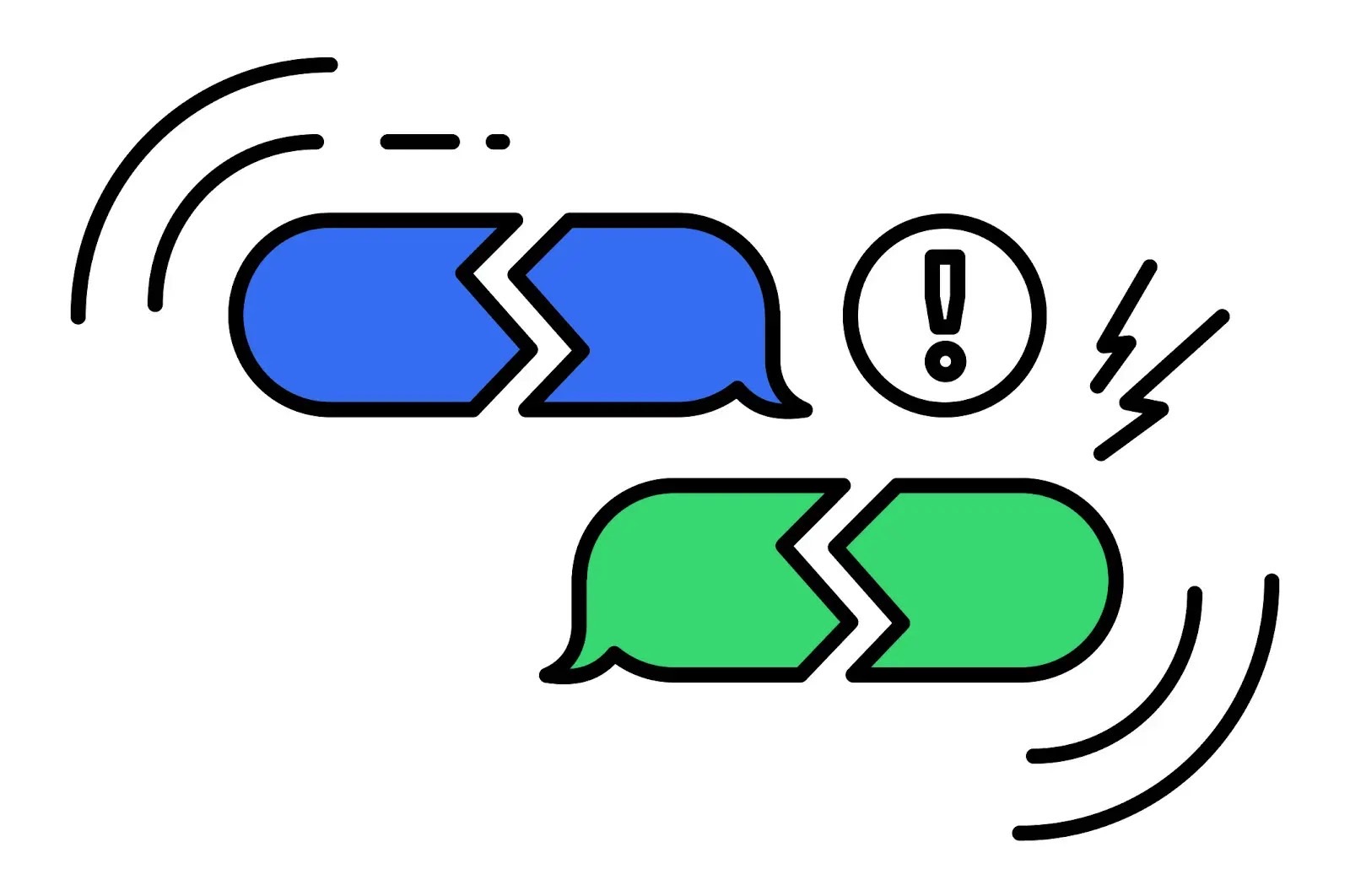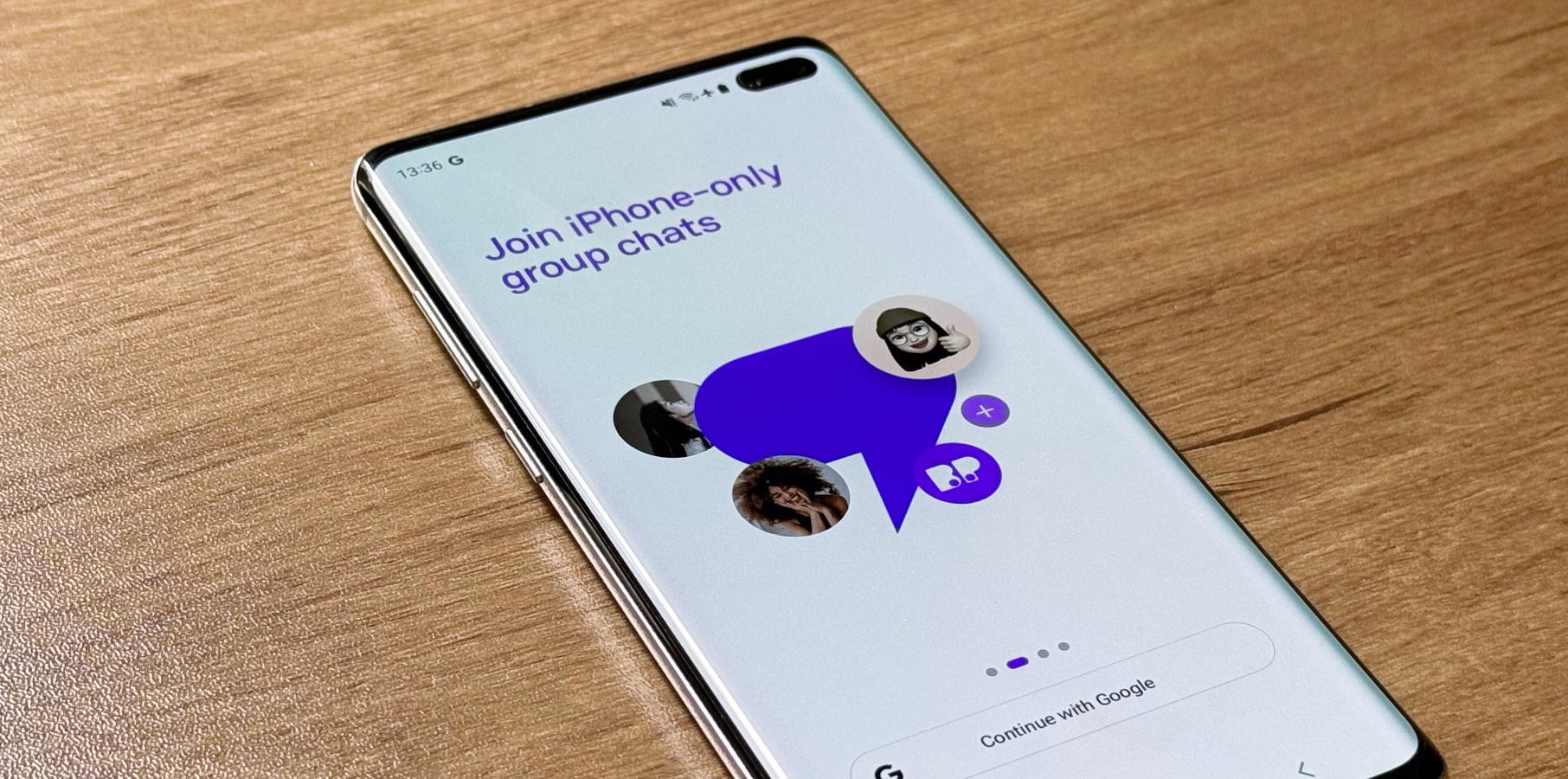Apple surprised everyone a few months ago when it announced that the Messages app would support RCS in addition to iMessage and SMS. That happened at a time when Google was relentlessly attacking the blue bubbles, the EU was considering forcing Apple to open up iMessage, and apps like Beeper Mini were finding novel ways to bring iMessage to Android.
Earlier this week, we learned why Apple decided to bring RCS support to the iPhone. It wasn’t Google applying pressure or the EU’s new Digital Markets Act (DMA) law that threatened iMessage. It was China’s new regulations for 5G phones that forced Apple to announce plans to support the GSMA’s RCS standard in the future.
This made me realize something we all ignored. Apple has practically won the iMessage PR war without really giving up anything in the process. It might be time to buy your mom or dad an iPhone if iMessage prevents you from chatting properly.
Think about it: Apple was the bad guy in all those commercials Google fielded before Apple announced RCS support. Google kept fueling the blue vs. green bubble war, which is really only a problem in the US. Google even found allies along the way, like Samsung and European carriers. The latter joined Google in asking the EU to designate iMessage as a gatekeeper.
Such a designation would have meant that Apple had to open iMessage to competing services. iMessage would have had to work with RCS and any other chat app that wanted interoperability support. That’s easier said and done and something I don’t want from any of my chat apps. Even Meta struggles with interoperability for WhatsApp and Facebook Messenger.

When Apple announced RCS support for the iPhone, Google had to stop all those attacks. It had to swallow that announcement as a victory when, in fact, it wasn’t. Apple only announced support for the RCS standard, the one the GSMA developed. Not Google’s RCS, which is also the one that supports encryption.
Two fronts remained in the iMessage fight, and I’ll address them chronologically.
First, we had the short-lived Beeper Mini saga. Beeper found a clever way to bring iMessage support to Android, eliminating the need for RCS support in the iPhone’s Messages app. But Apple fought that security issue, eventually blocking out iMessage support on Android.
Beeper retreated while still painting Apple as the bad guy and making it seem like iMessage is a communication standard that everyone is entitled to. Even Android users who do not pay for iMessage. Android users who would pay Beeper for access to iMessage. Beeper, of course, was stealing that access to iMessage.
I will note that Beeper’s actions might lead to US regulators looking into iMessage. But they’d be missing the point here. iMessage is a proprietary app that Apple developed, and it’s available for free, with all its bells and whistles, to people who buy iPhones. Buy a Mac or iPad, and you can also get iMessage working, though it won’t work on your iPhone.

Speaking of regulators, that’s the other front. The European Union’s not entirely useful DMA. After an investigation, the EU decided that iMessage isn’t big enough in Europe to warrant gatekeeper designation. Even if it were, Apple would probably make iMessage interoperable only in the EU. Just like it did with iPhone sideloading.
That’s how Apple won the PR wars. Google can’t mount another ad campaign begging Apple to do the right thing because Apple did it. RCS is coming to iPhone. Companies like Beeper can’t hope to bring iMessage to Android because Apple won’t let them. Regulators like the EU will have to wait for iMessage numbers to grow in the region before they can force Apple to open it up to competing chat apps.
As for those Android users who keep complaining they can’t chat with iPhone owners because of iMessage, they have options.
The simplest one is to do what most Europeans do, myself included. Use Whatsapp or any number of secure chat apps that can bridge the gap between iPhone and Android. If that’s not good enough, wait for iOS 18, which will probably bring RCS support to the iPhone. Still struggle? Get an iPhone.
